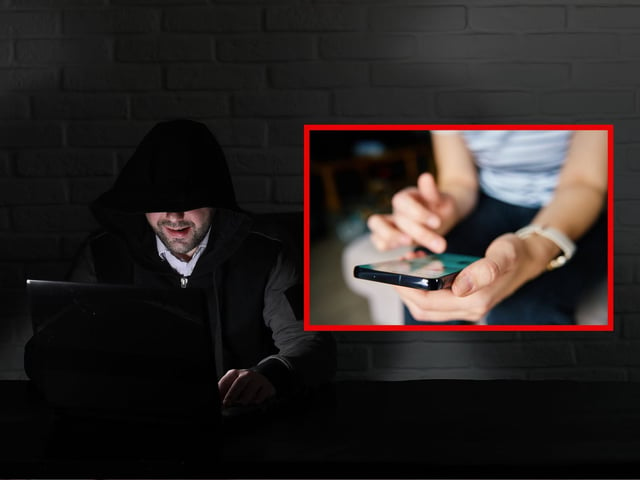Overview
- Mexico City's Cyber Police warned that fraudsters contact people who posted about a stolen vehicle by posing as authorities, insurers or tow operators and request payments for a bogus return.
- A separate alert details fake sites posing as AI video tools that deliver compressed downloads laced with Noodlophile credential‑stealing malware and the XWorm remote‑access trojan to seize logins and crypto wallets.
- Regional coverage reports persistent phishing through email, SMS and WhatsApp that imitates banks and redirects users to convincing counterfeit pages to capture usernames, passwords and one‑time security codes.
- Security specialists note SMS smishing draws significantly higher click‑through than email—about 14.5% versus roughly 2%—and can obscure sender identity and destination URLs, heightening risk.
- Officials and experts urge enabling two‑factor authentication, verifying web addresses before clicking, never sharing passwords or verification codes, limiting sensitive details on social media, and reporting incidents to policia.cibernetica@ssc.cdmx.gob.mx or 55 5242 5100 ext. 5086.



